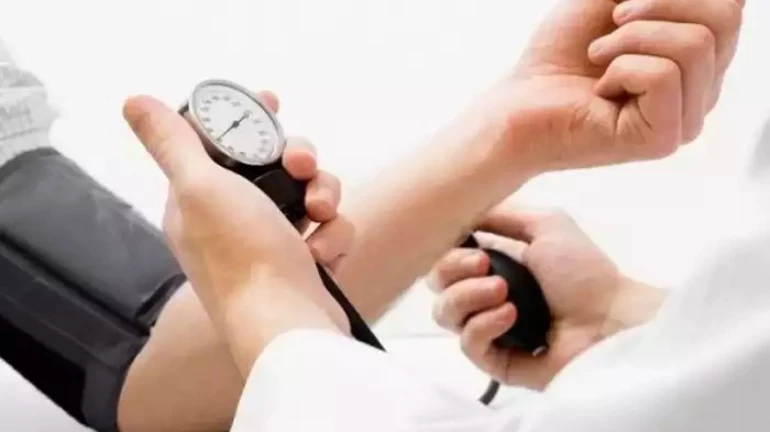
When blood pressure is under control, the risk of heart disease and other complications is greatly reduced. Thus there is a need for regular blood pressure check-ups at home. Apex Group of Hospitals in Mumbai has observed an increase in high blood pressure after the coronavirus pandemic.
In a press release issued on May 17, the hospital said that in the last eight days, they regularly checked the blood pressure of 220 citizens and observed that the number of high blood pressure patients is increasing. Apex Hospital Cardiologist Dr Hemant Khemani from Apex Group Hospitals, Borivali says, "Blood pressure is a disease caused by a changed lifestyle. Its incidence has increased significantly in the last few years. Therefore, it is more important to identify it in time than to treat high or low blood pressure."
He added, "In 2013, there were 150 million high blood pressure patients in India This number is likely to be double or more. Hypertension is a major risk factor and is increasing daily. In today's stressful, competitive, mechanical world, stress is on the rise. As a result, high blood pressure is on the rise among the younger generation."
Khemani elaborated, "If high blood pressure is not controlled in time, such individuals may develop further heart attacks or other side effects. All the organs of the body need blood circulation for proper blood supply and proper blood pressure is essential for proper circulation. If a person's upper blood pressure (systolic blood pressure) is higher than 140 mmHg and lower blood pressure (diastolic blood pressure) is higher than 90 mmHg, then the person has high blood pressure, according to the World Health Organization. Factors such as age, heredity, lack of nutritious diet as well as overeating, obesity, insufficient sleep, overeating of meat, oily foods, spicy foods and junk food, and use of steroids all contribute to high blood pressure. "
Cardiologist Dr Mahesh Ghogre from Terna Specialty Hospital and Research Center at Nerul, says, “Hypertension is known as the 'silent killer'. More than 50 per cent of patients have had high blood pressure for many years without any symptoms and it damages the blood vessels in the vital organs of the body. Some patients with hypertension may experience symptoms such as headache, palpitations, chest pain, and difficulty breathing. The guidelines always recommend checking blood pressure from the age of 18, as hypertension increases at an early age and is likely to progress due to lifestyle changes.”
Also Read: Mumbai’s Working Mothers; Their Woes And The Way Forward





